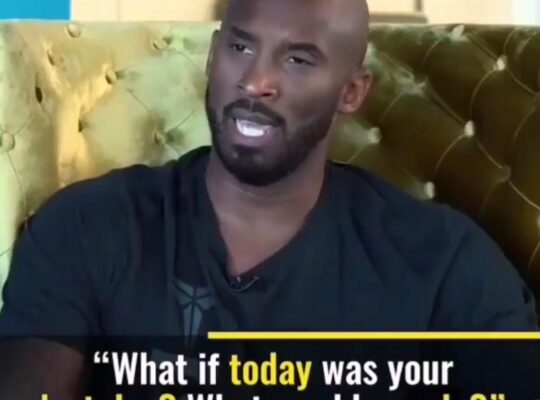
Decisions in Milliseconds
It takes 200 to 500 milliseconds, or less than a half a second, for sensory information from the outside world to be incorporated into conscious experience. This means that the success or failure of your life is made up of a series of decisions that occur in microseconds.
Pictured here are two men. One just found out he lost a son and the other just found out he lost his wife. All because these men chose to get behind the wheel intoxicated. These men chose to spend time wherever they were: a bar, a party, a restaurant, or a friend’s house. They chose to have a drink. Then they chose to have another.
At some point, after their judgment was impaired, they chose to take their keys, get into their car, start the engine, and drive, even though they’re likely aware that driving while intoxicated can lead to death. In that moment, they chose to ignore that information. Instead, they chose to trust themselves because they believed themselves to be the “exception” to the rule.
The Lies We Tell Ourselves
Sadly, many of us believe we are special and that the bad things won’t happen to us. We naively think we control more than we do.
In these milliseconds, rationale surrenders to illusion. Whether it’s the ability to defend ourselves without having training, live a long healthy disease free life without eating well and exercising, or pass that test without studying… many hold a false belief in some superhuman ability to magically defy the norm when the going gets tough.
“I’m cautious; I won’t overdose.”
“I have a foolproof system; gambling won’t drain me.”
“I’m vigilant; I won’t contract an STD.”
“I’m not even drunk; I won’t harm anyone driving.”
Self awareness is vital, but so is a healthy respect for reality. Nobody is above it. Do you think Paul Walker ever thought he would wreck his car and die a fiery death? How about Charlie Sheen. Did he believe he could ever really contract HIV? Did Chris Farley think he would ever overdose? These things happen to the most powerful, well resourced people. They can happen to you, too.
A System for Good Choices
To navigate life’s multiverse of decisions, consider a three-step process to make optimal choices.
First, be mindful. Pause before action, allowing thoughts to simmer and emotions to settle. Assess the situation with clarity, acknowledging potential risks and rewards. This moment of reflection fosters an intimate connection with your values and aspirations, guiding decisions aligned with your authentic self.
Secondly, seek counsel. Consult trusted mentors, friends, or family members whose wisdom and perspectives enrich your understanding. Engage in meaningful dialogue, absorbing diverse viewpoints to broaden your outlook. Embrace constructive feedback, recognizing that collective wisdom often unveils blind spots and unveils alternative paths previously unseen.
Lastly, embrace accountability. Take ownership of your decisions, understanding that each choice bears consequences—both favorable and adverse. Embrace resilience in the face of uncertainty, viewing setbacks as opportunities for growth rather than failures. Learn from experiences, refining your decision-making prowess with each iteration.
Strength lies in recognizing our limitations amidst the vastness of reality. Your choices today sculpt the narrative of tomorrow. In short, think twice before being reckless. A millisecond can make or break you.
-Your Big Bro











